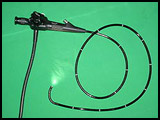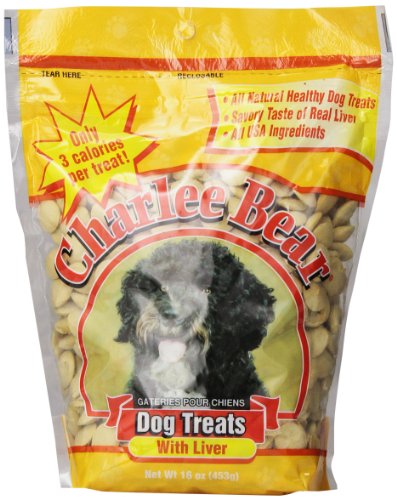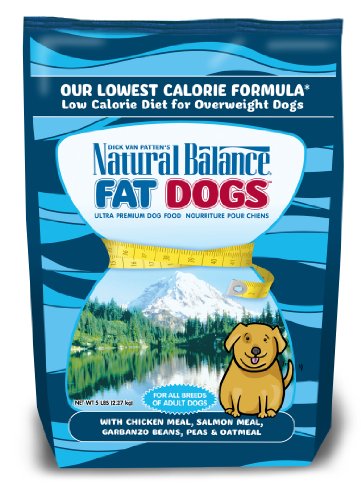
If you are wondering “Can I give my dog Aleve?” it probably makes sense to ask a couple of other questions as well. Asking “What is Aleve?” and “Why would I give it to my pet?” are also important questions. Here we examine the answers to these and other frequently asked questions (FAQs) about the advisability of giving dogs medications that are formulated for humans.
 Credit: Stock photo: poor puppy by moovet under royalty free license http://www.sxc.hu/photo/846164
Credit: Stock photo: poor puppy by moovet under royalty free license http://www.sxc.hu/photo/846164
Aleve is the brand name for a nonsteroidal anti-inflammatory drug (NSAID) used to relieve pain and reduce swelling and inflammation; its generic name is naproxen.
While its anti-inflammatory property make it a good choice for treating joint pain related to arthritis, it is not the safest treatment choice for dogs, as it can cause adverse reactions or death.
Owners might consider giving their dogs Aleve or aspirin to relieve the pain of simple injuries, or sprained muscles or many types of arthritis. However, before giving a pet an over the counter (OTC) pain pill, it makes sense to get some facts and consider the potential risks. Let us see what one expert has to say. Veterinary experts like Dr. Camille DeClementi recommend not using human formulated medications for animals to avoid an accidental poisoning.
According to Dr. DeClementi, one 220 mg tablet of naproxen ingested by a dog that weighs about 60 pounds can cause ulcers in the GI tract. The dog will die if those ulcers perforate. Whether it is aspirin, naproxen or baby aspirin, to protect your pet's health, always consult your vet first before giving a pet one of these medications.
Over the counter drugs (OTC) like naproxen are not metabolized as quickly in dogs’ bodies as they are in humans. They may accumulate in the body and cause toxicity or affect the animal’s gastrointestinal tract or major organs. Because of this different metabolism rate, there is a narrow margin of safety for prescribing the right amount. A veterinarian calculates the correct animal dosage of medications based on factors like:
Now that we understand the risk of self-prescribing an OTC medication for a dog, let us discuss some canine-safe NSAIDS.
Currently, veterinarians can prescribe the following canine NSAIDs:
While the final choice of a drug to treat pain should be left up to each attending veterinarian, owners can feel comfortable that these medicines are usually safe and effective and cause few side effects or adverse reactions.
Poisoning accidents happen. Pills drop and roll into hiding, only to be found by curious pets. Know the symptoms of toxicity and if your dog exhibits any of these, seek professional help immediately.
While accidents can happen in any household, taking preventive measures lessen the risk. Here is some expert advice from Dr. DeClementi:
Giving any animal drugs formulated for humans makes as much sense as using cooking oil in your car engine. The best course of action is to let your vet evaluate and prescribe any medicines. Use them as prescribed, and do not stop or change any medications, unless advised by the veterinarian.
The information in this article should not be considered veterinarian advice. It is not intended to treat, diagnose, prescribe or cure any ailment. Always check with a veterinarian for treatment advice for animals or before following any advice in articles like the one you have just read.
This article was prepared via a telephone interview with Dr. Camille DeClementi, VMD, DABT, DABVT, Senior Director of Knowledge Management, Senior Toxicologist, ASPCA Animal Health Services, on 09/24/2010. Dr. DeClementi answered questions and gave advice on the wisdom of giving dogs over-the-counter drugs such as naproxen, aspirin and baby aspirin.
 Dandie Dinmont, a Once Popular Dog Breed on Extinctions Edge
Heirloom HoundThe OriginatorMany of the organisms on th
Dandie Dinmont, a Once Popular Dog Breed on Extinctions Edge
Heirloom HoundThe OriginatorMany of the organisms on th
 Dogs Cats and Endoscopy
Dogs Cats and Endoscopy
Dogs Cats and Endoscopy
Dogs Cats and Endoscopy
 Cleft Palates and Cleft Lips in Puppies - Dog Health
Cleft Palates and Cleft Lips in Puppies
Cleft palates and
Cleft Palates and Cleft Lips in Puppies - Dog Health
Cleft Palates and Cleft Lips in Puppies
Cleft palates and
 Starting Puppy Training
Credit: nnne
Starting Puppy Training
Credit: nnne
 A Dog Breed for Every Occasion
For some dogs, like people,
A Dog Breed for Every Occasion
For some dogs, like people,
Copyright © 2005-2016 Pet Information All Rights Reserved
Contact us: www162date@outlook.com